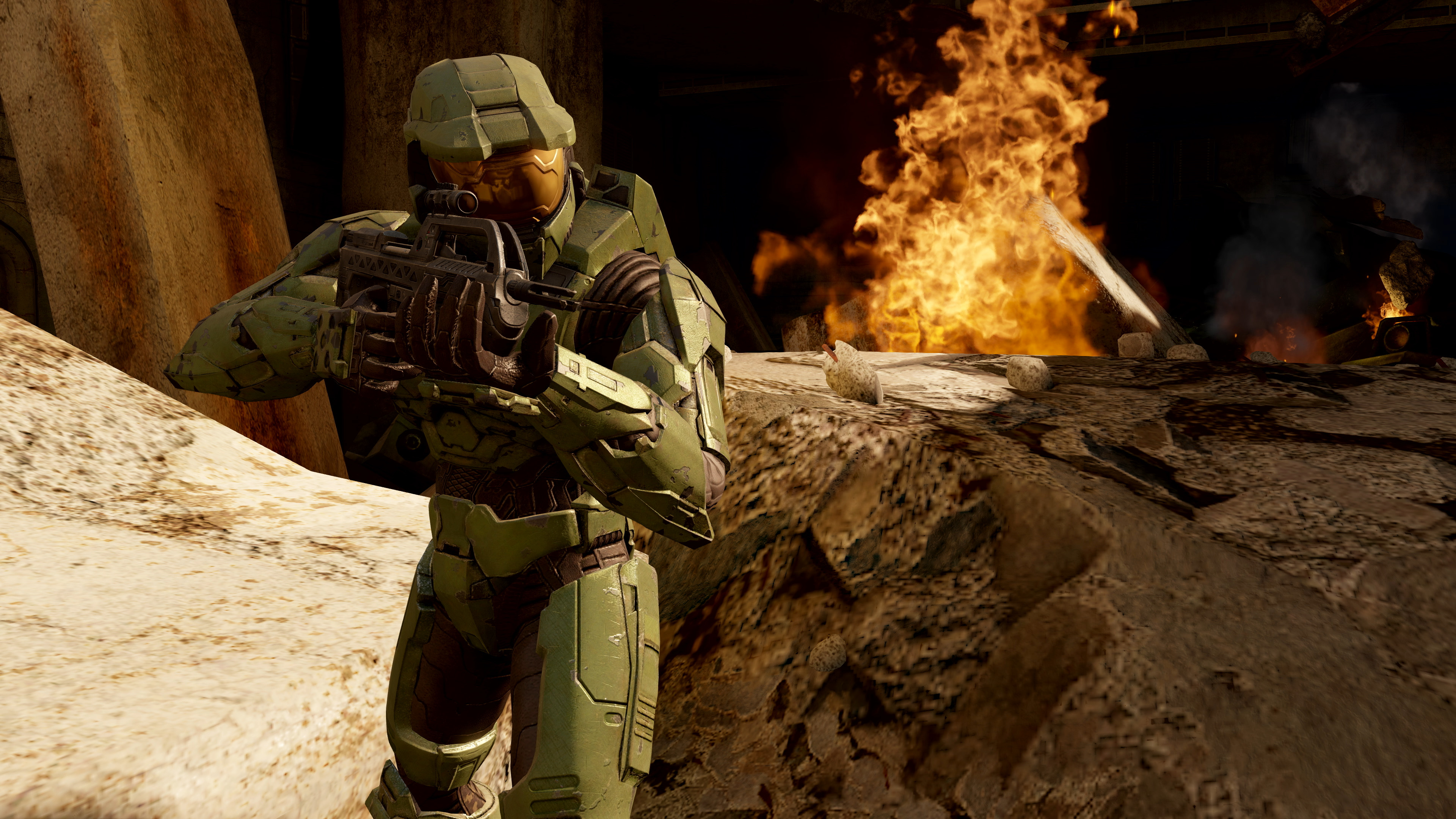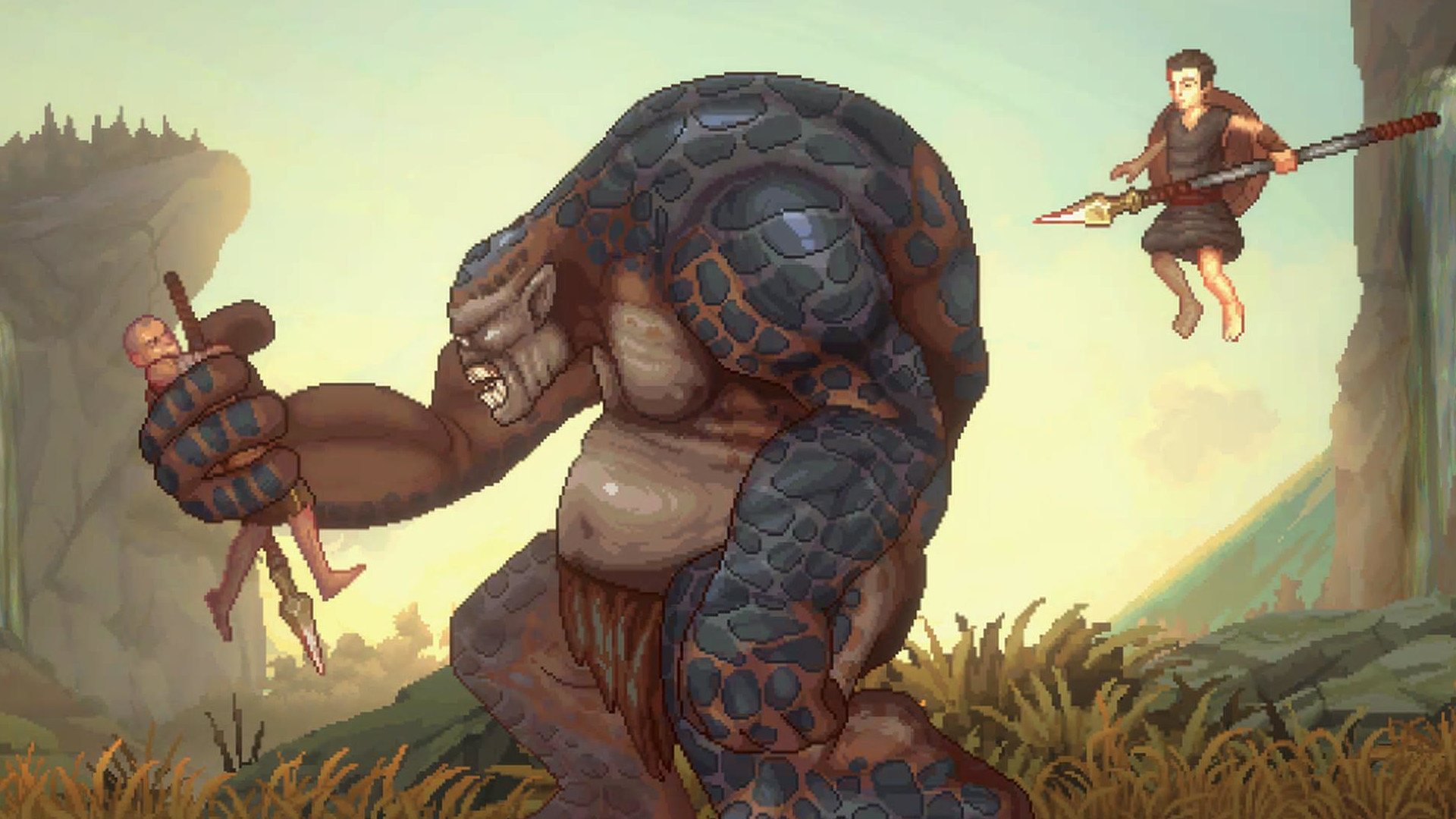Psychonauts 2 offered a sensitive approach to mental health when we needed it most, and shouldn't be forgotten
Now Playing | Here's to the game that was there for me when little else could be
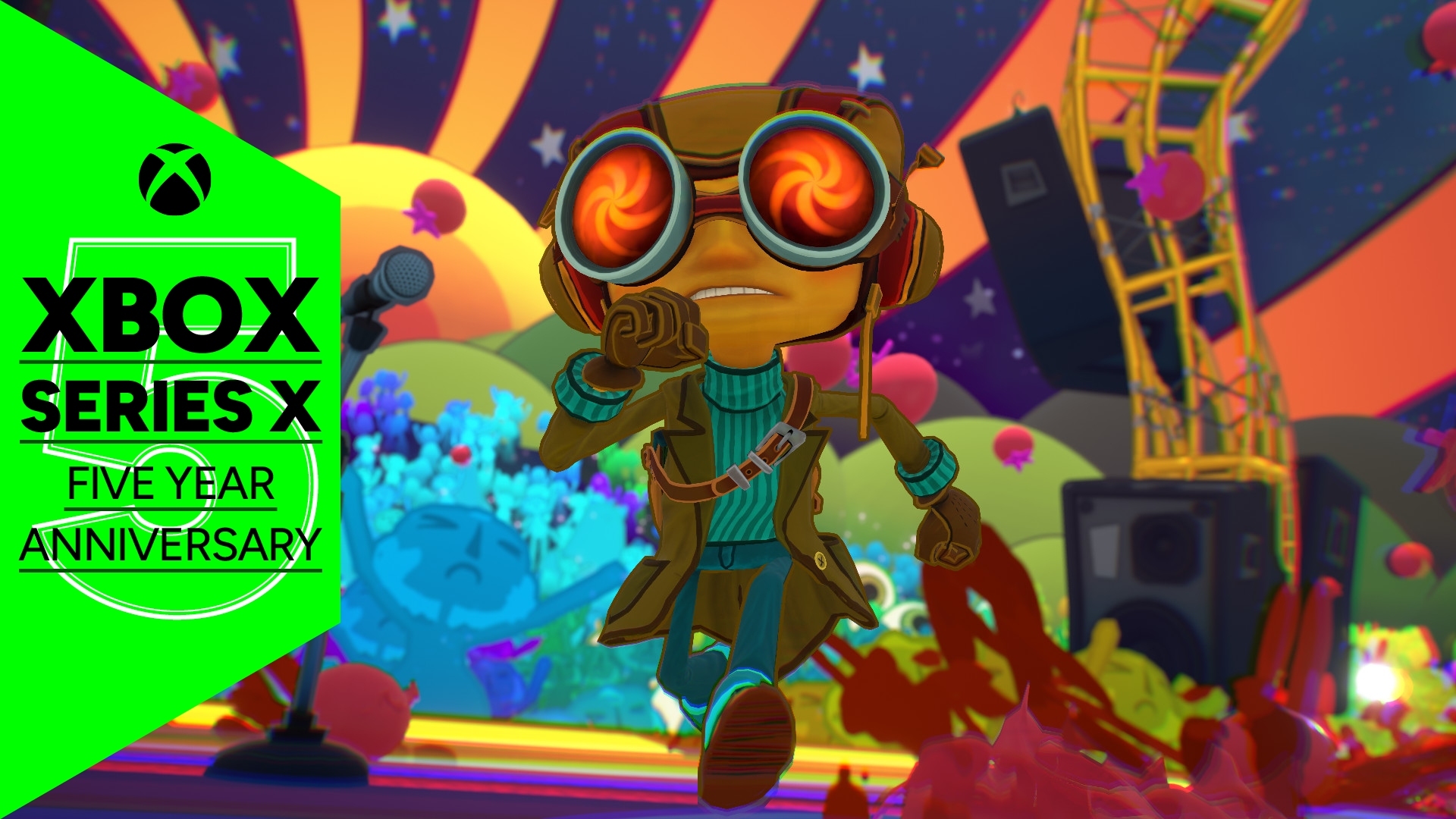
Weekly digests, tales from the communities you love, and more
You are now subscribed
Your newsletter sign-up was successful
Want to add more newsletters?

Every Friday
GamesRadar+
Your weekly update on everything you could ever want to know about the games you already love, games we know you're going to love in the near future, and tales from the communities that surround them.

Every Thursday
GTA 6 O'clock
Our special GTA 6 newsletter, with breaking news, insider info, and rumor analysis from the award-winning GTA 6 O'clock experts.

Every Friday
Knowledge
From the creators of Edge: A weekly videogame industry newsletter with analysis from expert writers, guidance from professionals, and insight into what's on the horizon.

Every Thursday
The Setup
Hardware nerds unite, sign up to our free tech newsletter for a weekly digest of the hottest new tech, the latest gadgets on the test bench, and much more.

Every Wednesday
Switch 2 Spotlight
Sign up to our new Switch 2 newsletter, where we bring you the latest talking points on Nintendo's new console each week, bring you up to date on the news, and recommend what games to play.

Every Saturday
The Watchlist
Subscribe for a weekly digest of the movie and TV news that matters, direct to your inbox. From first-look trailers, interviews, reviews and explainers, we've got you covered.

Once a month
SFX
Get sneak previews, exclusive competitions and details of special events each month!
Double Fine has a knack for the unexpected. The developer's most recent game, Keeper, has you playing as a sentient lighthouse – and yes, it's one of this year's best surprises. But if you're a fan of Double Fine, that should come as no shock. After all, the studio already made one of the best games of this generation: Psychonauts 2.
When Psychonauts 2 was released on August 25, 2021, I was going through a rough patch. Like so many during the COVID pandemic, I was made redundant from my job. For nearly a year, I tried tirelessly to find a new direction, but nothing seemed to be clicking. I tried to sink my free time into hobbies like playing as many video games as I possibly could – anything to fill the time. Though I played a lot, I found myself uninvested in just about everything I was playing, skipping cutscenes and barely paying attention as I'd blast my way from one level to the next. When I started playing Psychonauts 2, everything changed.
Mind games
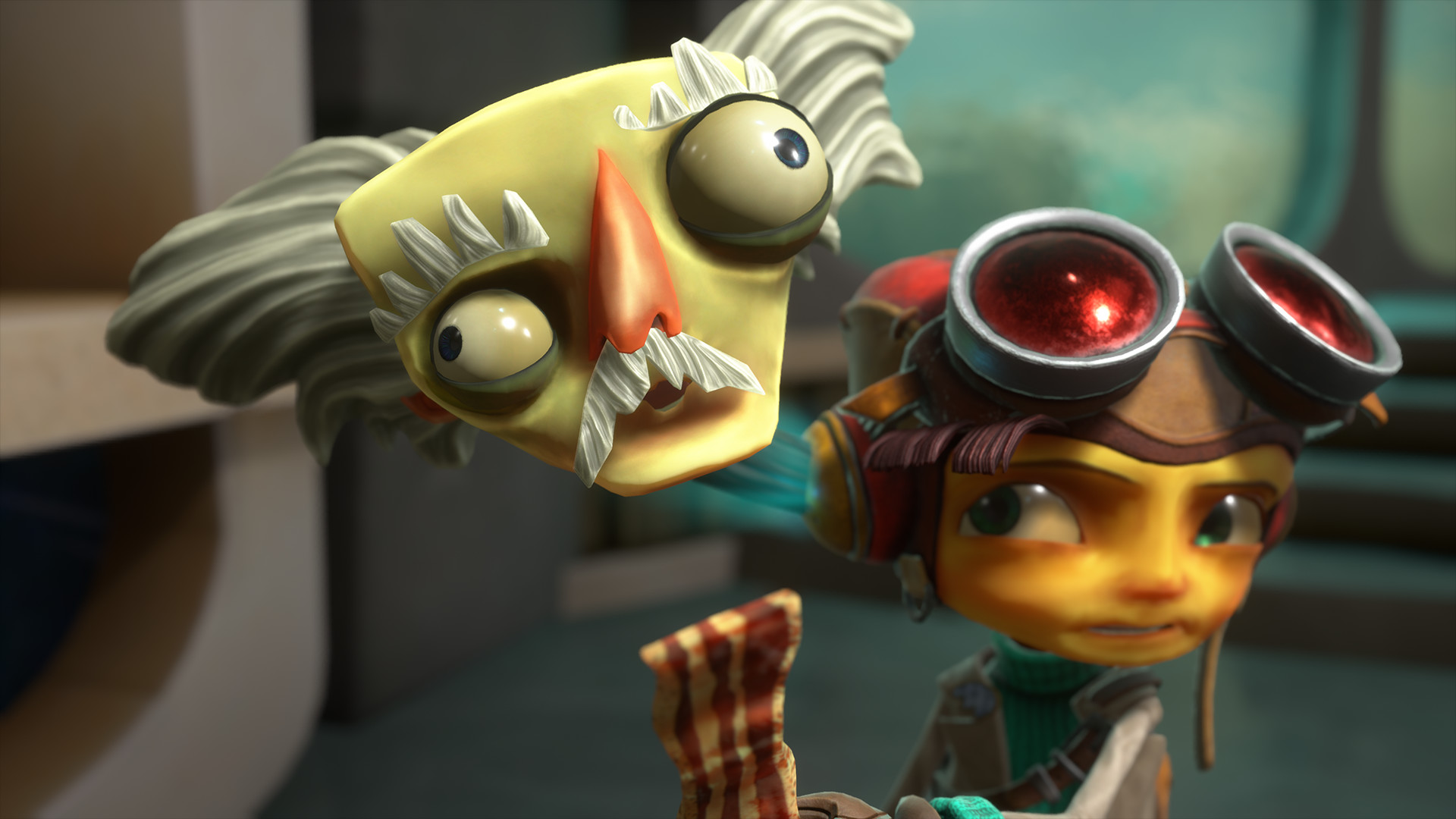
I was drawn to Psychonauts 2, particularly by the game's vibrant colour palette and unique character designs. I was worried that since I'd never played the original Psychonauts (I never had the original Xbox…I know, I know), I'd have no idea what was going on. Thankfully, you don't need to know anything about Psychonauts to love Psychonauts 2.
In Psychonauts 2, you play as Razputin 'Raz' Aquato, who's training to be a member of the Psychonauts – a psychic espionage agency that employs psychic powers to keep peace across the world. Being part of the Psychonauts is everything Raz could have hoped for, but he couldn't have come in at a worse time. Their leader has been kidnapped, and it's hard to trust anyone, as there's a mole in headquarters. The mole is a serious problem: whoever they are is trying to bring Maligula, a mass murdering monster with incredible psychic powers, back from the dead.
In order to discover the mole and save the Psychonauts from internal destruction, Raz travels inside the minds of different characters to help them with their emotional crises, thereby unlocking a deeper understanding of the world, all while delivering vital context to identify the mole. Tired of traveling vast open worlds or shooting my way through one horde of enemies after another in different games, Psychonauts 2 offered up something entirely different.
I certainly didn't expect the game to deal so intelligently, so warmly and so creatively with mental health – though perhaps I should have, given that so much of the game occurs in people's minds.
Introspection
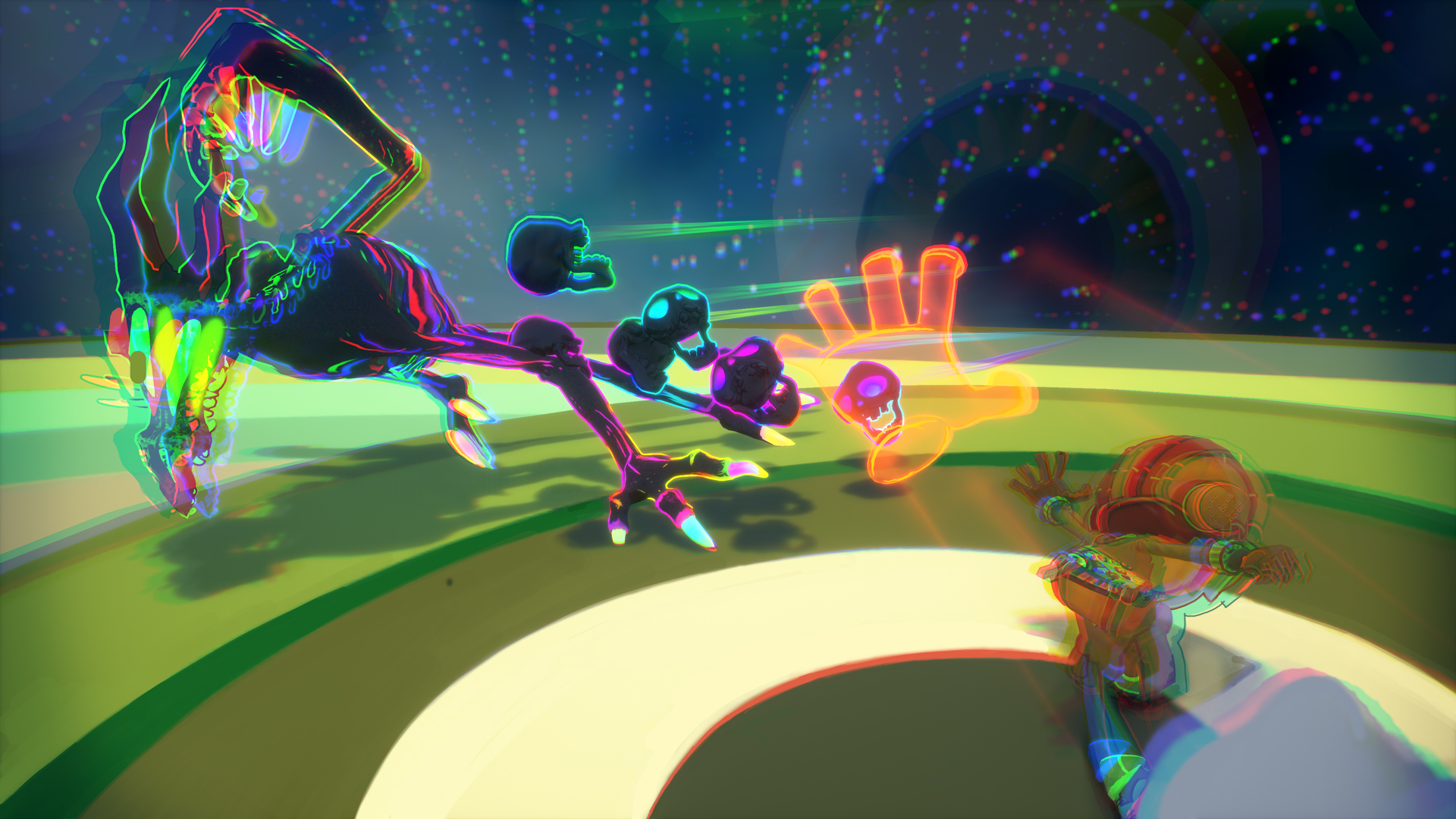
I never expected Psychonauts 2 to directly confront so much of what I was feeling...
Beyond the many specific characters and their own battles with mental health (which I won't spoil here, as so many of the game's discoveries are best found as you play), what struck me were the enemies I found myself fighting.
There are Regrets – obnoxious, mosquito-like characters that carry a crushing weight. Doubts are slimy, mucky creatures that slow you down. Thankfully, they're highly flammable, so your pyro abilities can help deal with those.
Enablers are a real pain, and while they seem like they're helpful and kind, nobody needs an enabler. They exist to make other enemies even more powerful with a protective shield, and you'll need to get rid of those pesky Enablers before you can deal with everyone else.
There are Bad Moods, which shroud your vision in darkness. To get rid of those, you'll have to figure out what's causing them. These enemies aren't subtle, but subtlety be damned. These characters are an ingenious way of compartmentalizing day-to-day problems and finding solutions to deal with them. Feeling down? Find the source of that frustration to help it go away. Regrets? Rid them of the weight they carry, and you won't be swarmed by that feeling anymore.
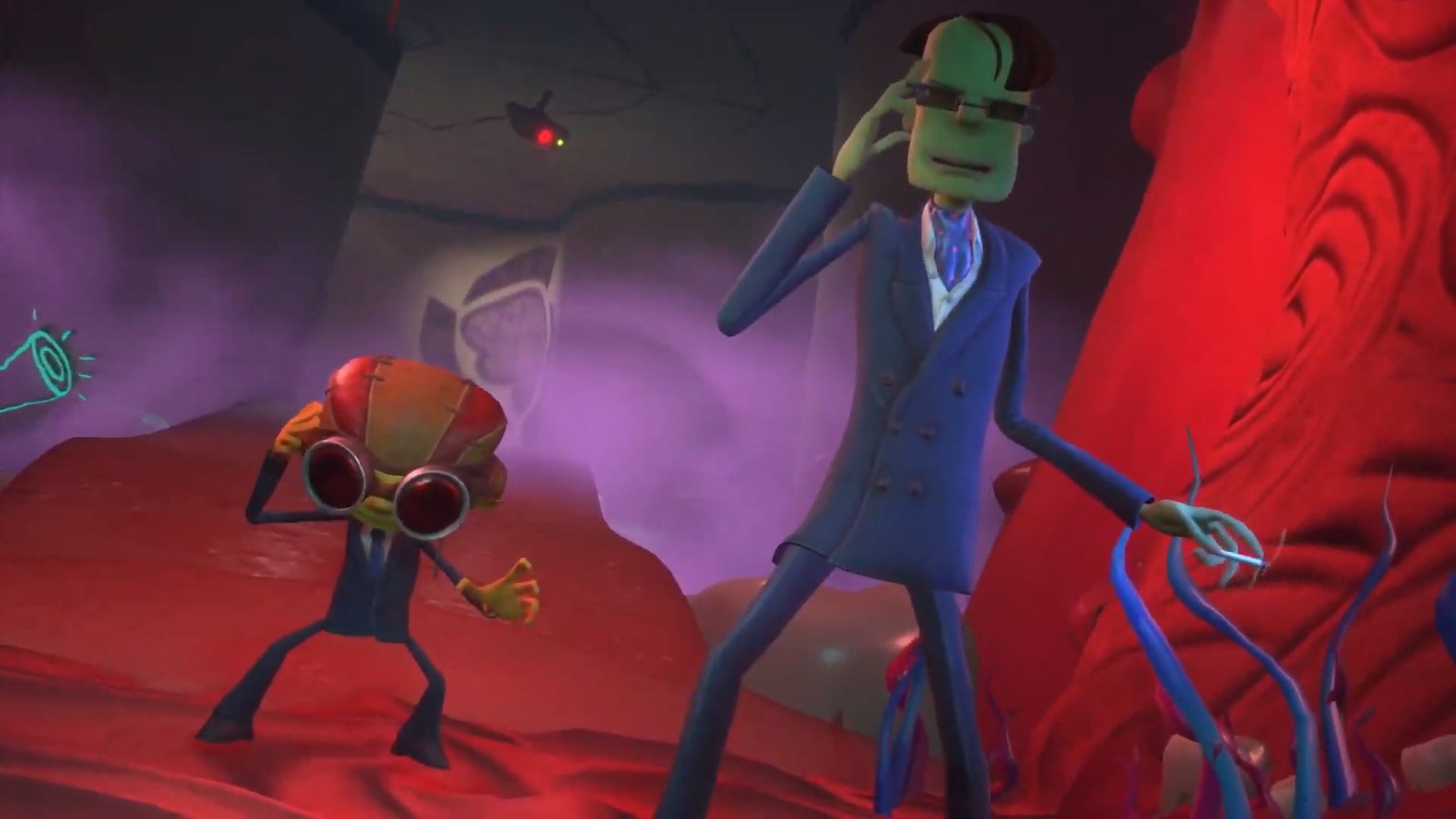
But most challenging of all: Panic Attacks. These demonic creatures move quickly and furiously, teleporting themselves while launching rapid projectiles at you.
Not exactly an easy thing to take down. Sure, you can dodge to your heart's content – and you'll need to, to avoid their attacks and get in to land your own punches – but Raz already has the perfect power to help you deal with Panic Attacks. And that's the time bubble, which slows time. It's a sensational metaphor built into a fast-paced fight: If you take a deep breath and center yourself, you can defeat those pesky Panic Attacks weighing you down.
Weekly digests, tales from the communities you love, and more
Beyond its brilliant handling of mental health, Psychonauts 2 is a blast to play. Action is fluid, and exploration is joyful. Raz's powers are steadily introduced, and it's not long before you have his complete arsenal of abilities, allowing you to get creative with how you solve hordes of enemies coming your way.
Video games have often provided me comfort; a world I can escape into to leave my troubles behind. But I never expected Psychonauts 2 to directly confront so much of what I was feeling, wrapping it in lush colours and a charming cast of characters.
It's the rare kind of game that lets you solve puzzles and vanquish foes while actively encouraging you to consider your own mental health. Seeing so many elements of what I'd been feeling laid out clearly and cleverly allowed me to face what had been troubling me, and granted me the ability to see past a cloud that had been hanging over me for an entire year. Playing as Raz made me feel like I wasn't alone anymore. Plus, a few weeks after finishing Psychonauts 2, I started the job I'd always wanted.
Here's a long list of the very best Xbox Series X games ever to grace Microsoft's flagship console.

Barry Levitt is a freelance entertainment critic and his work can be found in The Daily Beast, Vulture, Empire Magazine, Rolling Stone, SlashFilm, InsideHook, LGBTQNation, Mashable, and more. He covers animation, streaming, queer cinema, and everything in between.
You must confirm your public display name before commenting
Please logout and then login again, you will then be prompted to enter your display name.
